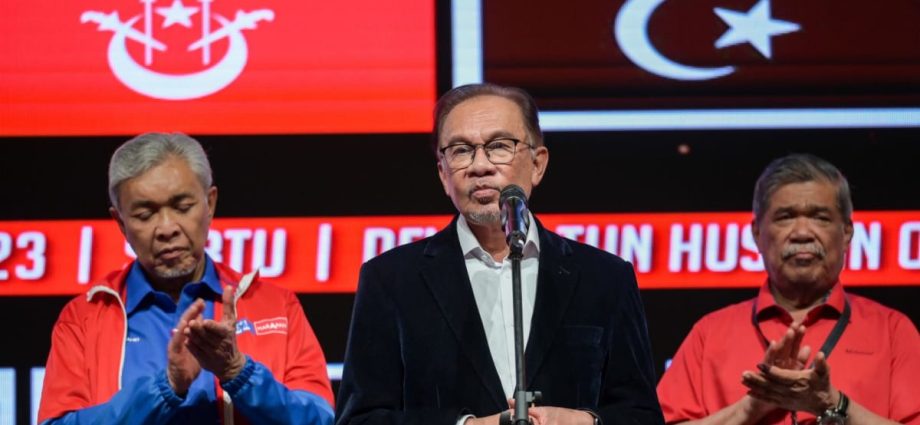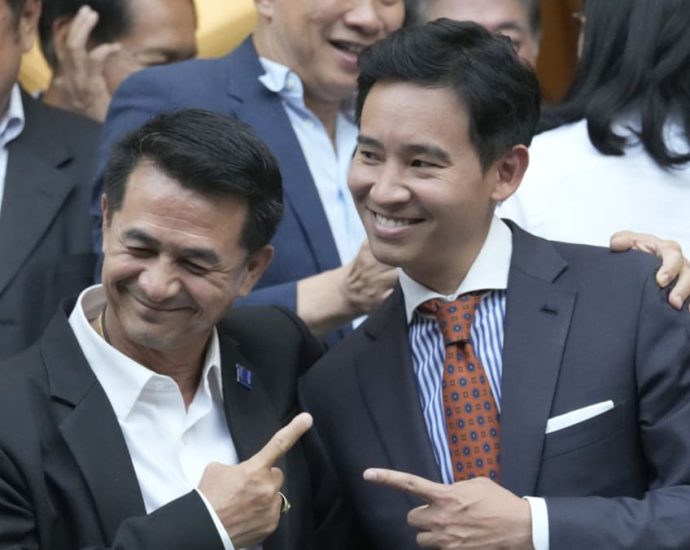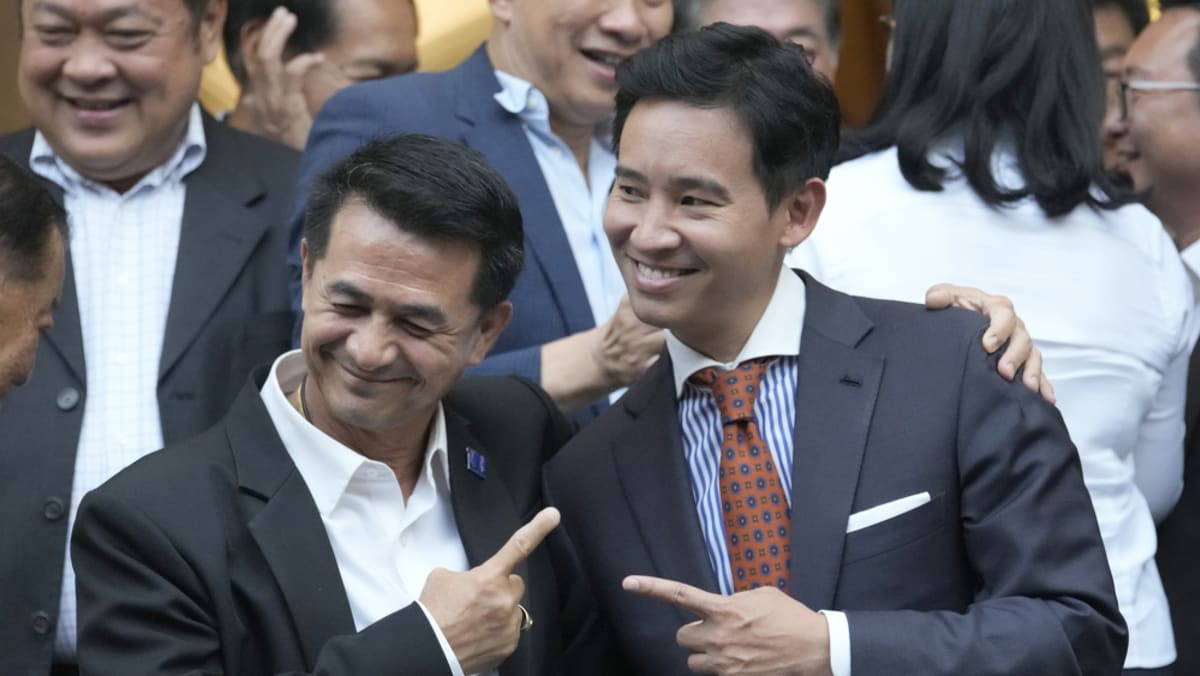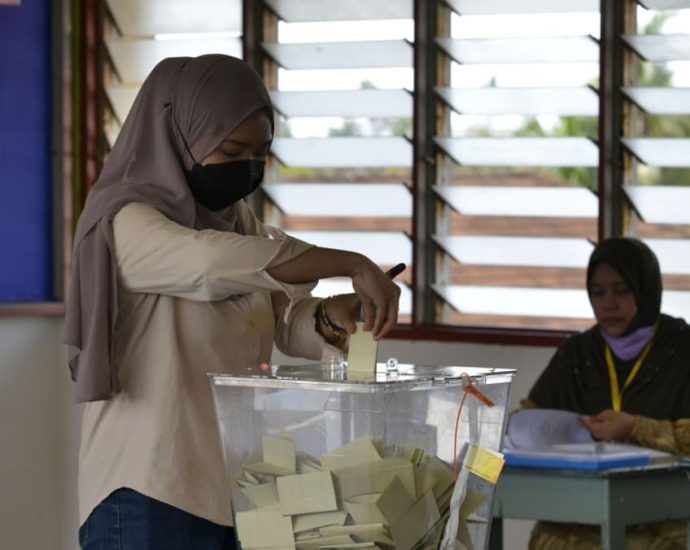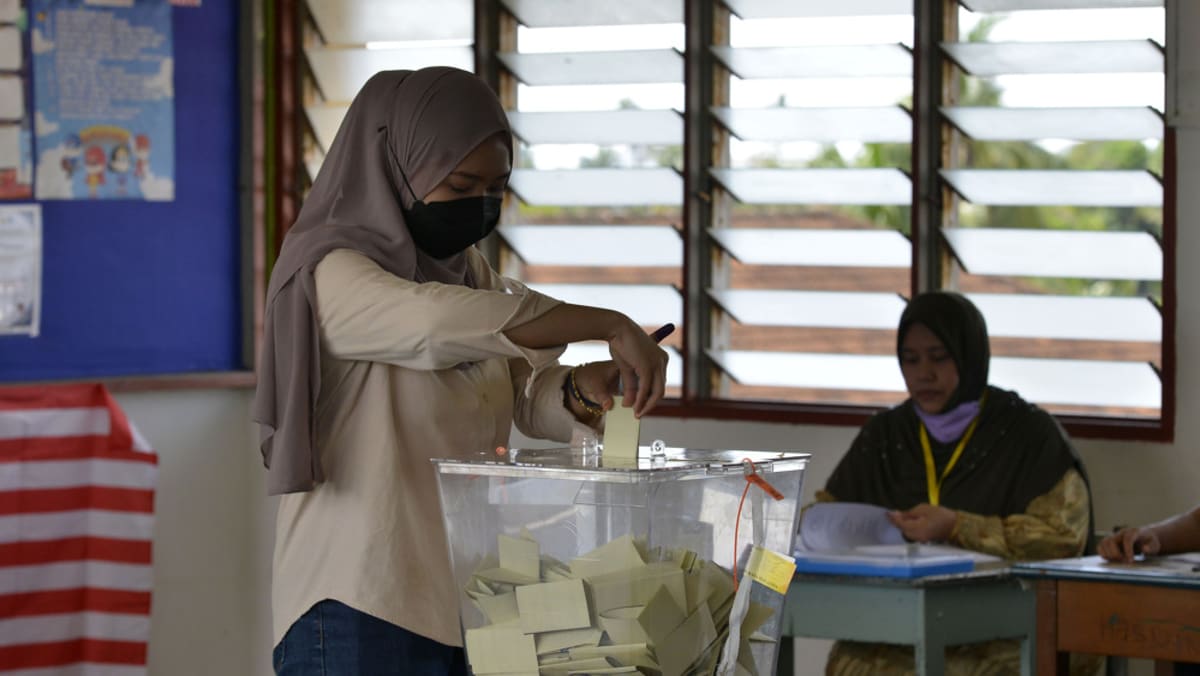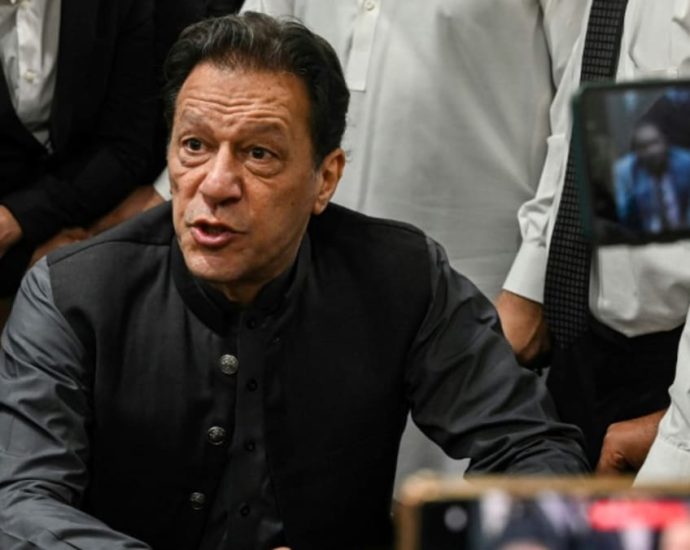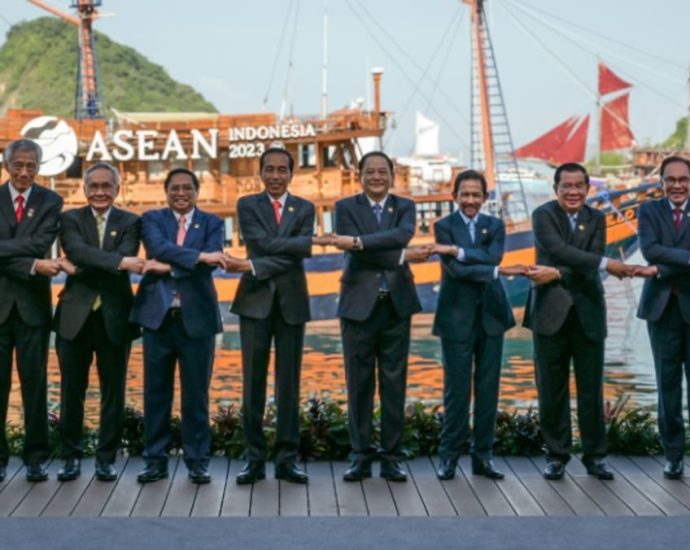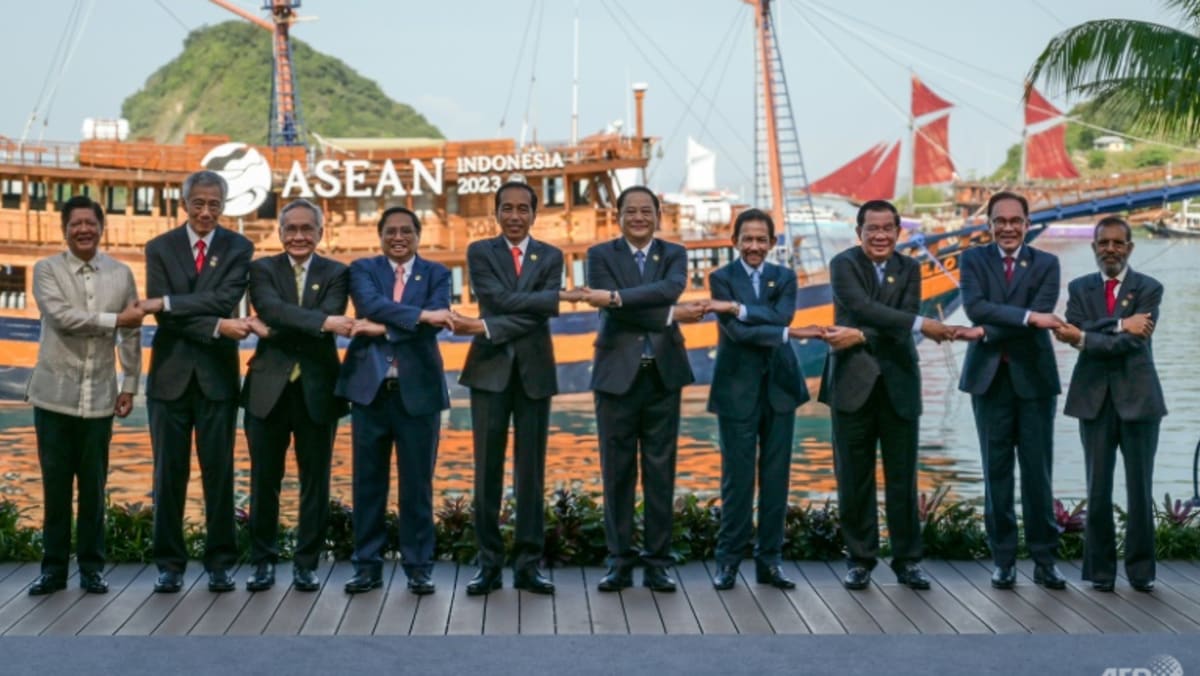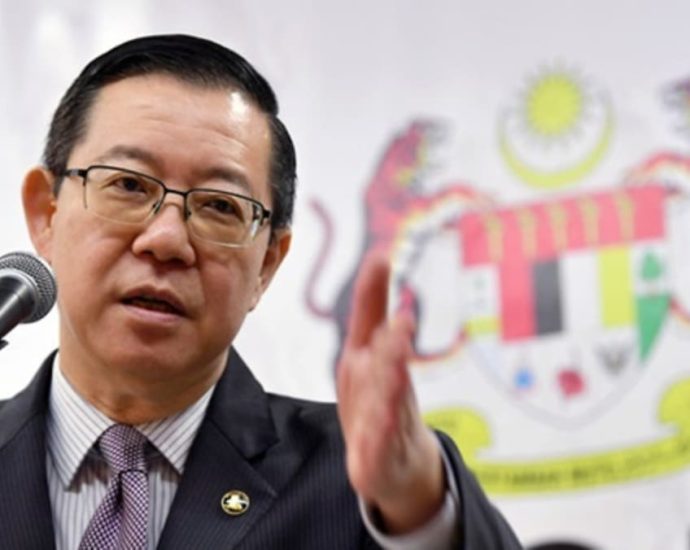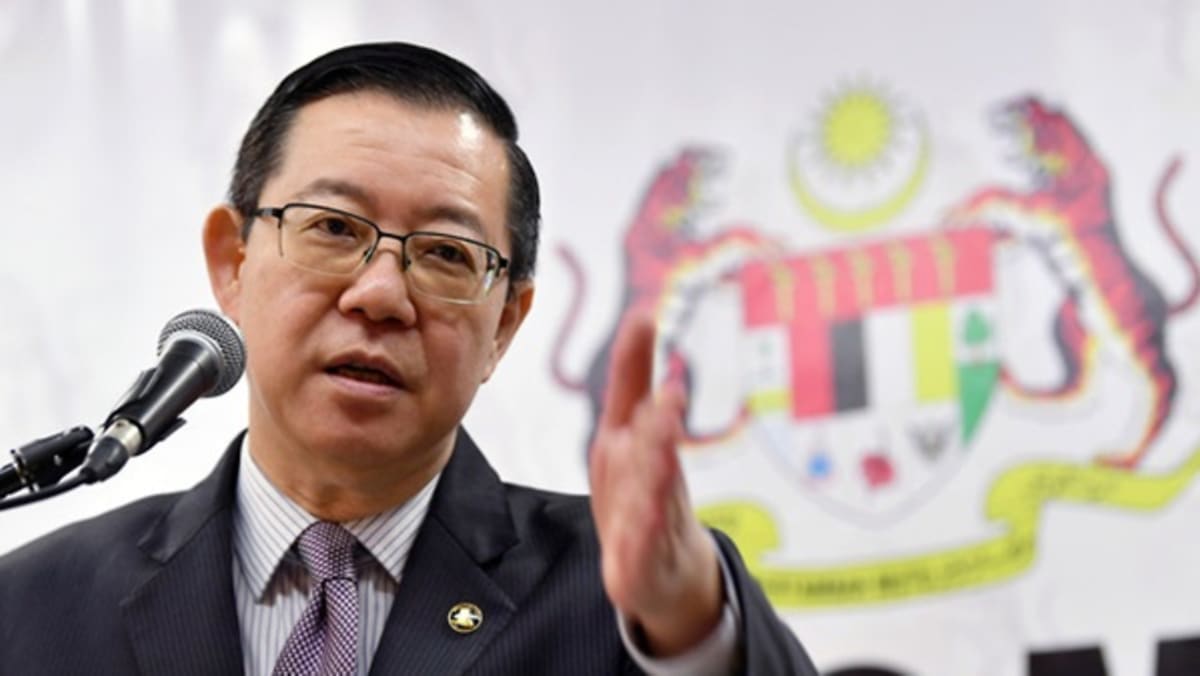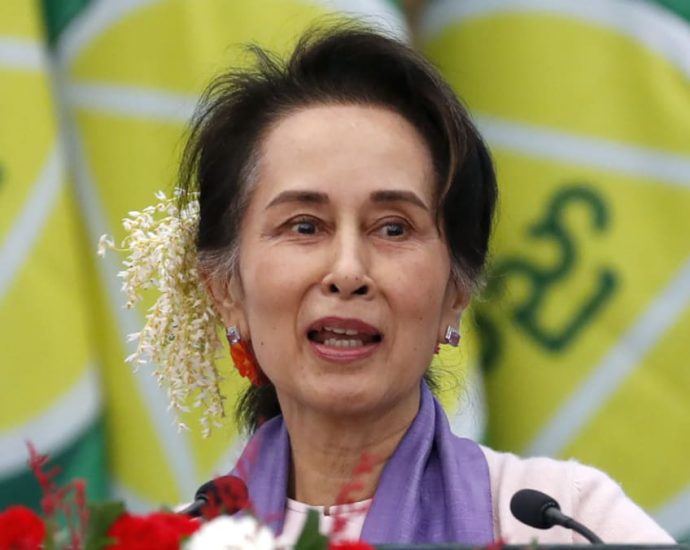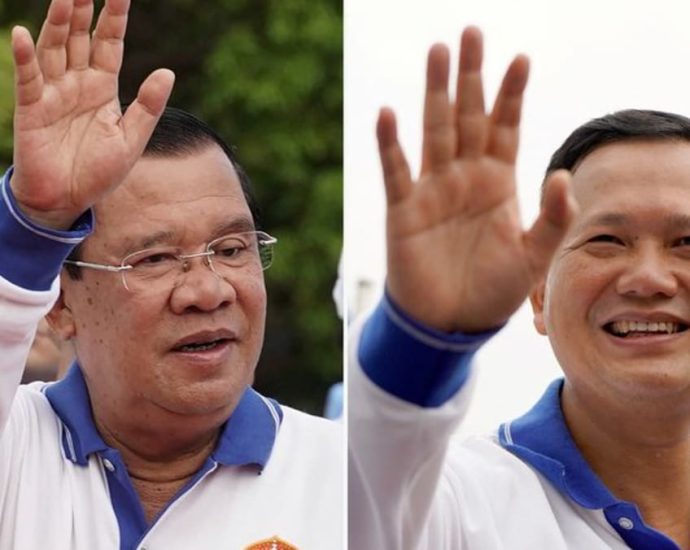Snap Insight: Battered at state polls, UMNO is becoming a liability for Malaysian PM Anwarâs government
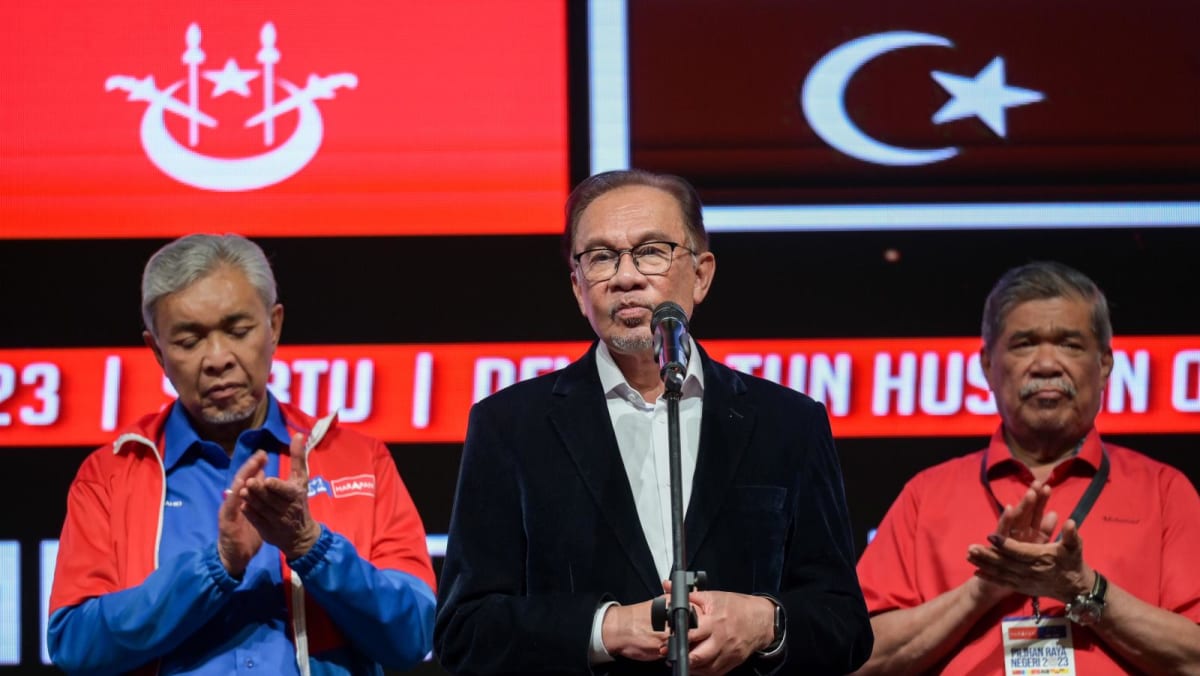
INTERNAL STRIFE IN UMNO
To be sure, Mr Anwar’s position as premier and his government’s hold on power are in no threat. The weekend’s elections also very much retained the political landscape that held before the dissolution of the assemblies in late July.
The PH coalition kept control of Selangor, Negeri Sembilan and Penang, while Kelantan, Terengganu and Kedah went back to the right-wing Parti Islam Se-Malaysia (PAS), which is the dominant member of the opposition Perikatan Nasional (PN) coalition together with Parti Pribumi Bersatu Malaysia (Bersatu).
“PH and Anwar did alright by retaining the states they controlled, and the government can move ahead. But for UMNO, I am not so sure,” UMNO’s former treasurer Abdul Zahim Mohd Zabidi told CNA, adding that rumblings of an internal rebellion in the party have already begun.
“Unless there is some leadership change, UMNO is doomed,” he added.
UMNO, which ruled Malaysia with the leadership of the National Front (Barisan Nasional) coalition since independence, was kicked out of power in May 2018 on the back of widespread public anger over the international scandal at state-owned 1Malaysia Development Bhd (1MDB). The financial fiasco subsequently led to the conviction and jailing of former UMNO president and Malaysia prime minister Najib Razak over corruption.
DOUBTS OVER AHMAD ZAHID
Mr Ahmad Zahid subsequently took over the party leadership and consolidated his power by removing his opponents and packing the leadership of the powerful 25-member supreme council body with his allies. But the party no longer endears itself to the Malay community and that, in turn, has become a serious problem for Mr Anwar, who is struggling to build his government’s own credentials with the majority Malay community.

